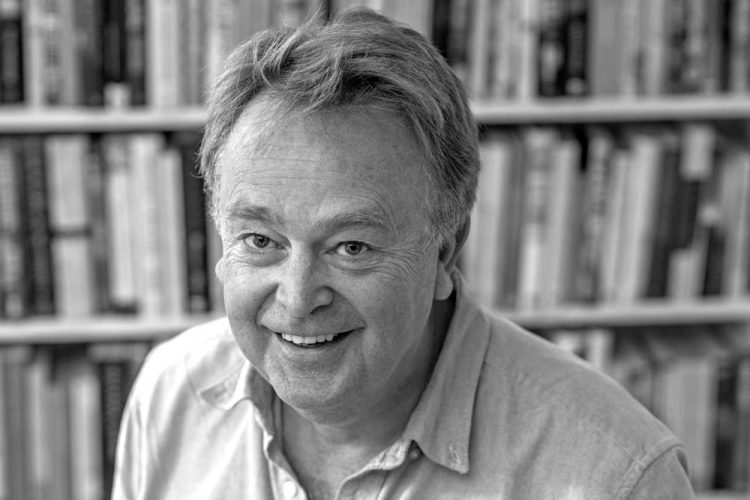How do you write a novel? The indefinable, almost alchemic combination of inspiration, creativity, craft and technique that coheres to make good stories means there’s no prescriptive process – or everybody would be publishing the book we supposedly all have in us. But people like Greg Mosse, a self-styled “encourager of writers”, can at least point us in the right direction. The writer and teacher has been holding creative writing courses and workshops at the Emirates Airline Festival Of Literature for a number of years now, and for him, all good writing begins in a single moment of drama.
“Let’s imagine a distracted parent losing their child in a crush of people at a marketplace,” he explains. “If that is your dramatic moment, it’s important to remember that it’s also not your whole novel; you are just trying to depict that moment alone with as much vividness and intensity as possible.
“The mother and father might be buying their shopping and talking. We have established the family group and taken them into the compelling physical environment of the market. So that means readers – like the parents – suddenly turn around and say: ‘where has our child gone?’ You can see how that is a writerly sequence of events which has made the sudden loss of the child a huge shock – because we have made the reader forget she is there.”
The argument against the whole academic industry that has formed around writing courses is that they lead to exactly the kind of prescriptive novels which the romantic idea of creative writing should discourage. As someone who has in the past set up and curated his own creative writing school, you wouldn’t expect Mosse to agree with that idea, but what he does believe is that he can develop in his students an understanding of narrative structure.
“Most people who fail to fulfil their inspiration write without any sense of the shape of the play, book, poem or song that they want to end up with,” he says. “I think one of the things I’m good at is that I can buy into the story a writer wants to tell – I don’t feel the need to guide them towards the play or novel I want to read. Everybody, you hope, has a different creative voice and it’s my job to help them realise that as fully as possible.
“It’s about pouring a writer’s creativity into a story-shaped vessel, not just on the desk – because it will end up on the floor.”
It’s a technique that applies to any writer, no matter where they come from. Mosse remembers a particularly interesting session two years ago in Dubai where they discussed a story of female liberation set on a building site in Mumbai. “One of the really striking images was women in brightly coloured saris carrying hods of bricks and cement,” he remembers. “I’d never have come across that working with a writer in London, so these experiences are really valuable to me.”
These relationships with writers and stories are key to Mosse’s work. Sometimes, there has to be harsh – but fair – advice. He admits that “very often” he has to tell someone that a section of their novel isn’t working. “They don’t always know exactly what they need,” he laughs. “Sometimes the response from them is that I don’t understand because the novel is supposed to be experimental – but there are still structural techniques that apply whatever crazy, wacky form you’re writing.”
The trick, of course, is to make sure these techniques aren’t identical in every story.
“If we go back to the missing child story, what happens next is fascinating, isn’t it? I might suggest breaking out to another quieter storyline, but we might want to press on too. But that’s their choice; it determines where they are in the novel, how that event fits in the kaleidoscope of dramas that make up the book, its crescendos, its relaxations and finally its unifying climax.
“Honestly, I just encourage writers to do the thing they have the compulsion to do. That’s my philosophy.”




